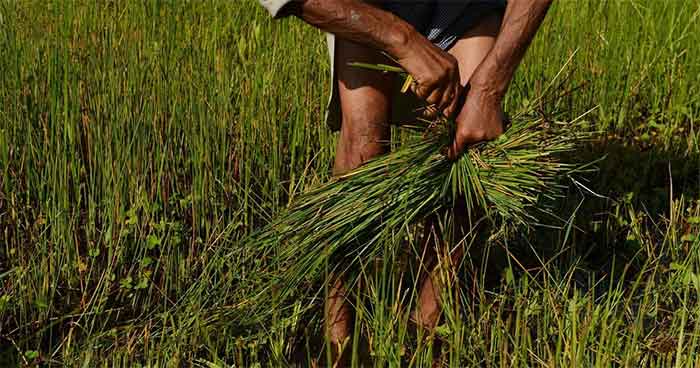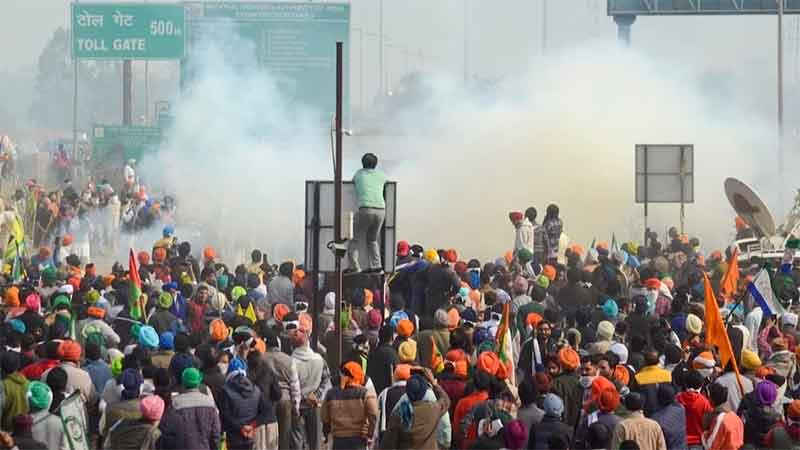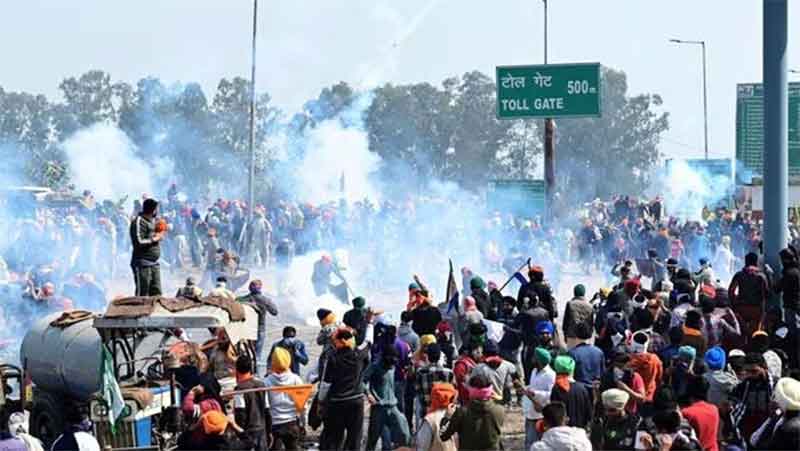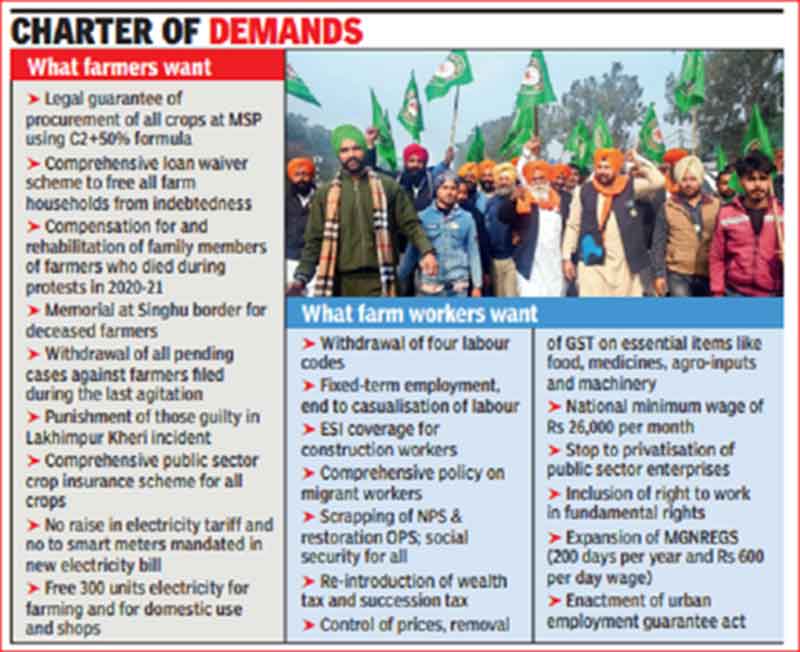
One of the most widely prevalent beliefs of development discourse is that the number and share of farmers and farmer households in total population must inevitably decline in the course of progress. This is based on historical experience as also the fact that technological change and rising productivity make it possible to produce necessary food and raw materials by a much smaller number of persons.
Another argument is that with increase of income lesser share of income is required for food. Based on this and related arguments a number of experts present estimates of how a huge number of farmers have to shift to other work in a given number of years in India and many other similarly placed countries. This is regarded as inevitable and a sign of progress.
This view is so widely prevalent that not just the ruling establishment but even those who claim to be working with the peasantry, mobilizing their struggles, often share this view, even though they may not articulate this so openly.
However it is important to question this belief and to present an alternative view of future development. This is not just a question of academic debate, rather it is a very basic question of ensuring adequate sustainable livelihoods and protecting environment in very difficult times of survival crisis.
The prevailing development discourse is influenced very heavily by the experiences of colonial times when a large number of persons of present day developed countries could migrate to vast territories being colonized by them, or else lived off the plunder of colonization. But in present times, we cannot so easily talk of people displaced from agriculture finding satisfactory and creative livelihoods elsewhere.
So rather than thinking of people being uprooted from farming and related activities, we must think instead about people retaining their roots here while at the same time seeking a diversification of livelihoods in village, its neighboring area and when necessary and desirable even in a city. Thus for example if there is a household of six members , or an extended family ( close relatives ) of 12 to 15 members, they retain their base in a village and at the same reach out for opportunities elsewhere, in keeping with the skills, aptitudes and capabilities, education etc. of various members. So this family is a farmer family, a rural family, yet is also able to access other opportunities from this basic rural identity and base.
To facilitate this, a different development model is needed in which creative, mixed, low-cost, ecologically protective farming is practiced by small farmers and at the same time a lot of small and cottage industries exist in rural and semi-rural areas for production of a lot of other goods which can be made in small, local units. Processing of food as well as non-food crops in particular is encouraged at local rural level. At the same time health and education is improved very significantly in rural areas, available free or at a very low cost, and local jobs are available in this also to a much higher extent.
Landless rural households are also provided some farmland to the extent possible, or else are involved in greening of wasteland in various kinds of creative projects, offering sustainable livelihoods on the basis of non-timber forest produce and protection of forests, this work also combined with small patches of food-crops wherever possible, giving the landless firm identity and roots in rural life. This again remains as a secure base for them from which they can reach out to other opportunities as well. In this way, by helping landless rural workers to become small farmers, the number of farmers goes up very significantly, instead of decreasing.
This framework of development provides excellent opportunities also for harnessing the creativity of rural population for checking climate change and related environmental problems.
Bharat Dogra is a journalist and author. His recent books include Planet in Peril and Protecting Earth for Children.
IF YOU LIKED THE ARTICLE SUPPORT PEOPLE’S JOURNALISM














































